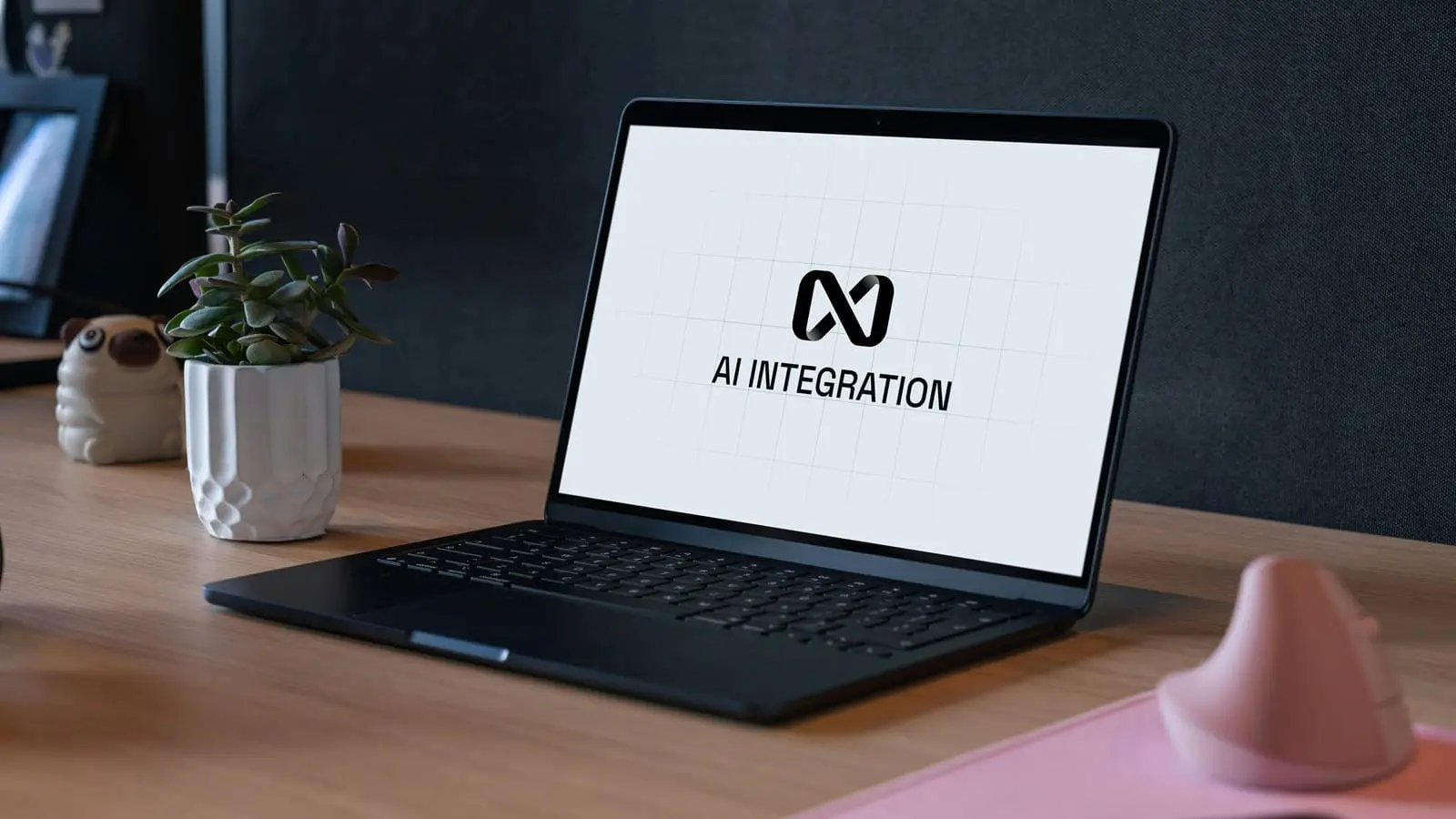Can your boss read your Ms Teams or Slack Chats?
Can your boss read your chats? Learn the truth about workplace surveillance, the legal boundaries, and how to protect your privacy in the digital age.

The Digital Shift Accelerates Virtual Communication
The ongoing digital transformation has led to more companies relying on digital communication services like Slack and Microsoft Teams. As these online tools are often used for private messages, many employees are concerned about whether their employers can read and track their private messages.
Can Your Boss Monitor Messages in Real-Time?
Legally and technically, it is not permissible for employers to monitor messages in real-time. However, employers can access chat content at a later time, but this access is subject to specific legal conditions.
Legal and Technical Possibilities for Accessing Chat Content
Both Slack and Microsoft Teams provide legal avenues for employers to access chat content, with regulations varying depending on the platform version.
Slack
The ability to access private messages in Slack depends on the version being used. In the free version, an employer can export chats if there is a legitimate reason and it is legally permissible. In the paid Plus Plan, employers can use a self-service tool to export chat logs without informing the employee.
Microsoft Teams
For companies using Microsoft Teams, the eDiscovery tool offers similar functions. Private chats and meeting channels can be searched and read. However, legal grounds are required to justify such privacy intrusions, such as in the case of criminal activity.
Can My Boss Spy on Me via Microsoft Teams?
Recent reports have shed light on the extent of data that can be accessed by employers within Microsoft Teams. While Microsoft Teams is a powerful productivity tool, it also holds a wealth of information about your activities. Employers can potentially access:
- All one-on-one chats, group chats, and meeting chats, including deleted messages.
- Details of all meetings you have created or attended, such as subject, date, time, attendees, and duration.
- Logs of when you have logged in and out of Teams, including IP addresses and device information.
- Any recordings or transcripts of meetings.
- All files created or attached in Teams.
Pros and Cons of Monitoring
The use of monitoring tools in companies brings both advantages and challenges. A balanced view of the pros and cons can help make the right decision.
| Advantages | Challenges |
|---|---|
| Increased Security | Privacy Concerns |
| Improved Productivity | Loss of Employee Trust |
| Compliance with Regulations | Legal and Ethical Issues |
When is Employer Monitoring Legal?
While employers have certain rights to monitor employee activities in the workplace, there are strict legal conditions that must be met to ensure compliance with privacy laws. Here are some key scenarios under which an employer might be legally allowed to access employee communications:
- Compliance with Legal Requirements: Employers may monitor communications to ensure compliance with legal obligations, such as preventing harassment or ensuring that sensitive information is not improperly shared.
- Consent of the Employee: Monitoring may be permitted if the employee has given explicit consent, often outlined in the employment contract or company policies.
- Protection of Company Assets: Employers may monitor communications to protect company assets, such as intellectual property or proprietary information, especially in cases where there is suspicion of misconduct.
- Business Justification: Monitoring is often justified if it is necessary for the operational needs of the business, such as ensuring productivity or securing the IT infrastructure.
- Criminal Activity: If there is reason to believe that an employee is engaged in illegal activities, monitoring may be permitted to gather evidence for legal proceedings.
Legal Safeguards and Employee Rights
Despite these allowances, employers must follow strict legal guidelines to protect employee privacy. This typically includes:
- Transparency: Employers must inform employees about monitoring practices, including what is being monitored and why.
- Proportionality: Monitoring should be proportionate to the need, meaning it should not be more intrusive than necessary.
- Data Protection Compliance: Employers must comply with data protection laws, such as the GDPR in the European Union, which govern how employee data can be collected, stored, and used.
- Right to Access: Employees may have the right to request access to any data collected about them, and to challenge or correct inaccuracies.
Balancing Privacy and Security
The challenge for employers is to strike a balance between protecting the company and respecting the privacy rights of employees. When done transparently and within legal limits, monitoring can help maintain a secure and productive work environment. However, overstepping these boundaries can lead to a loss of trust and potential legal consequences.
Monitoring Tools: Opportunities and Risks
Many companies use specialized monitoring tools to ensure policy compliance and monitor productivity. These tools offer various features that present both opportunities and risks.
| Tool | Features | Opportunities | Risks |
|---|---|---|---|
| Teramind | Activity monitoring, screen recording, email and chat analysis | Enhanced security, protection against insider threats | Potential privacy violations, loss of trust |
| Hubstaff | Time tracking, screenshots, activity monitoring, GPS tracking | Efficient time management, increased productivity | Monitoring feels invasive, potential demotivation |
| ActivTrak | Real-time monitoring, user activity analysis, web and app usage tracking | Anomaly detection, productivity enhancement | Potential misuse, privacy invasion |
| Veriato | Keystroke logging, email and chat monitoring | Data loss prevention, increased security | Increased fear of surveillance, ethical concerns |
| InterGuard | Email, chat, and social media monitoring, web filtering | Threat protection, compliance with regulations | Feeling of surveillance, potential legal issues |
Recent Developments: Microsoft Faces Scrutiny Over Workplace Surveillance Tools
In recent years, Microsoft has faced criticism for its use of workplace surveillance tools embedded within its Microsoft 365 suite. In particular, the "Productivity Score" feature came under fire for allowing employers to monitor individual employee activity, such as the number of emails sent, files accessed, and collaboration frequency in Microsoft Teams. Privacy advocates argued that this level of monitoring could lead to a breach of employee trust and an invasion of privacy.
In response to the backlash, Microsoft made changes to the Productivity Score, ensuring that the data is aggregated and anonymized, rather than being tied to individual employees. However, this incident highlighted the growing concerns around workplace surveillance, especially as more companies rely on digital tools to manage remote and hybrid workforces.
Conclusion: Privacy and Monitoring in the Digital Age
In the digital age, privacy protection and personal data security are more important than ever. While monitoring tools can help companies mitigate security risks and enhance productivity, they must be used responsibly and in compliance with legal requirements. Employers should transparently communicate the monitoring measures in place and the reasons behind them. This transparency is crucial for maintaining employee trust and fostering a productive work environment.
Sources:
Finanzen.net, 30.11.2023, Can My Boss Read Private Chats on Slack and Teams?, Timewatch, 05.08.2024.
Cityjobs.info empowers professionals to take the next step in their careers by connecting them with the right opportunities and employers.









